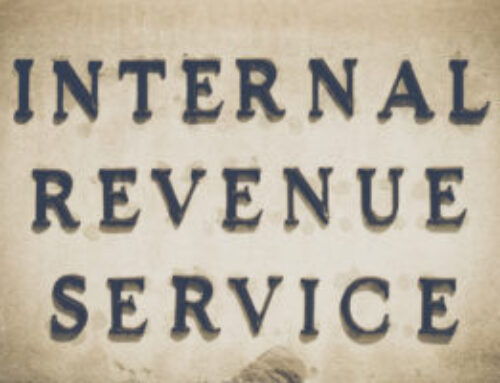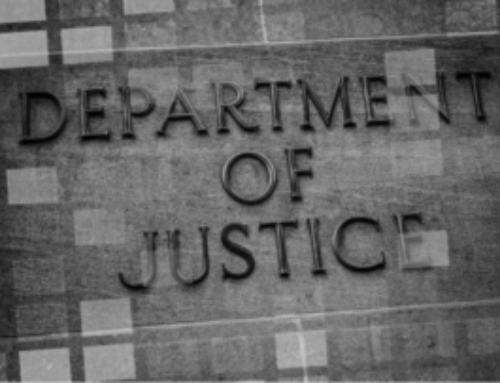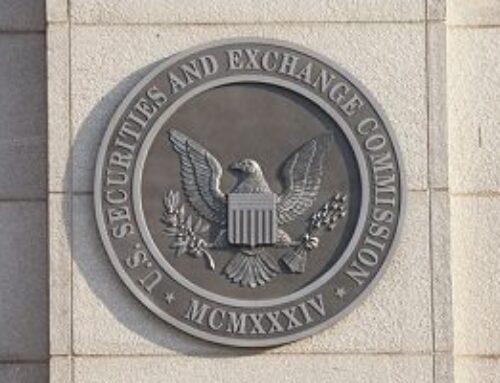On September 12, 2023, the United States Government Accountability Office (GAO) published a report estimating between $100 billion and $135 billion in unemployment insurance fraud during the COVID-19 pandemic (from April 2020 to May 2023). This represents roughly 11-15% of the total unemployment insurance benefits paid during the pandemic, or as the Washington Post put it, the GAO “found the theft encompassed roughly one out of every seven dollars set aside for jobless Americans during the public health crisis.”
The GAO’s findings spotlight rampant fraud against the government, which harms not only the government, but all U.S. taxpayers. The Washing Post article stated that the unemployment benefits offered during the COVID pandemic “proved to be an alluring target for scammers, who immediately seized on the government’s haste and generosity to steal unprecedented sums.” Whistleblowers are often the only ones who can uncover this fraud, right the wrongs, and allow the government (and taxpayers) to recover.
According to the report (at page 19), the U.S. Department of Labor has allocated about $1.4 billion (after certain reductions) in funding to states to help facilitate, among other things, “fraud prevention; detection; investigation; and overpayment recovery.” The report also notes (at page 28) that as of May 1, 2023, “states reported identifying about $5.3 billion in established fraudulent [unemployment insurance] overpayments for regular and pandemic UI programs from March 2020 through March 2023. States also reported recoveries of about $1.2 billion,” suggesting a massive amount of fraudulent overpayments remain unrecovered so far.
The report describes (at page 30) an interesting contrast in the type of fraud that occurs for regular unemployment insurance programs, versus the pandemic-related programs: “in the regular UI program, individuals most commonly commit eligibility fraud by falsifying information on their application in an effort to obtain benefits to which they are not entitled. In contrast, the pandemic UI programs . . . experienced large amounts of identity fraud in which unknown suspects used stolen identities to receive unemployment insurance benefits.” As the Washington Post article stated, the GAO found that “[t]o obtain checks they did not deserve, malicious actors often masqueraded as real people, misrepresenting themselves as Americans out of a job, people in prison and even the deceased . . . .”
The Department of Justice has actively investigated and prosecuted COVID-19 fraud. On August 23, 2023, the DOJ announced that its recent “coordinated, nationwide enforcement action to combat COVID-19 fraud” resulted in “718 enforcement actions . . . for offenses related to over $836 million in alleged COVID-19 fraud.” Attorney General Marrick Garland stated, “The Justice Department has now seized over $1.4 billion in COVID-19 relief funds that criminal had stolen and charged over 3,000 defendants with crimes in federal districts across the country.” The DOJ’s work continues. It recently announced two more COVID-19 “Fraud Enforcement Strike Forces.”
Yet the GAO report offers a sobering reality: “The full extent of [unemployment insurance] fraud during the pandemic will likely never be known with certainty.”
While government efforts to prevent fraud, prosecute fraudsters, and recover fraudulent payments are crucial, whistleblowers also play a key role by supplementing limited government resources to allow the government (and taxpayers) to recover for fraud. As the GAO report recognized (at pages 17-18), “Fraudulent activities frequently go undetected due to their deceptive nature and the limited resources available to investigate and adjudicate fraud.” This is where whistleblowers can help, and the federal government and states encourage them to do so. Federal and state False Claims Acts, for example, are laws that allow whistleblowers to bring actions on behalf of the government to recover fraudulently obtained payments of government funds. The laws incentivize whistleblowers to bring such actions, including by awarding successful whistleblowers up to 30% of the recovery along with their reasonable attorneys’ fees, and costs and expenses to bring the lawsuit.
The estimates of the losses due to fraud during the COVID-19 pandemic are staggering. Whistleblowers can continue to play a key role in bringing this wrongdoing to light. If you think you have information relating to COVID relief fraud, or any other fraud against the government, and would like to speak a member of the Constantine Cannon whistleblower lawyer team, please do not hesitate to contact us for a free and confidential consultation.
Read More
False Claims Act
COVID-19 Fraud
Keeping Our Eyes Open for COVID-19 Fraud
I Think I Have a Whistleblower Case
Contact Us Confidentially
Read GAO Highlights Massive Fraud of Government Funds for Unemployment Insurance During COVID Pandemic at constantinecannon.com






Leave A Comment